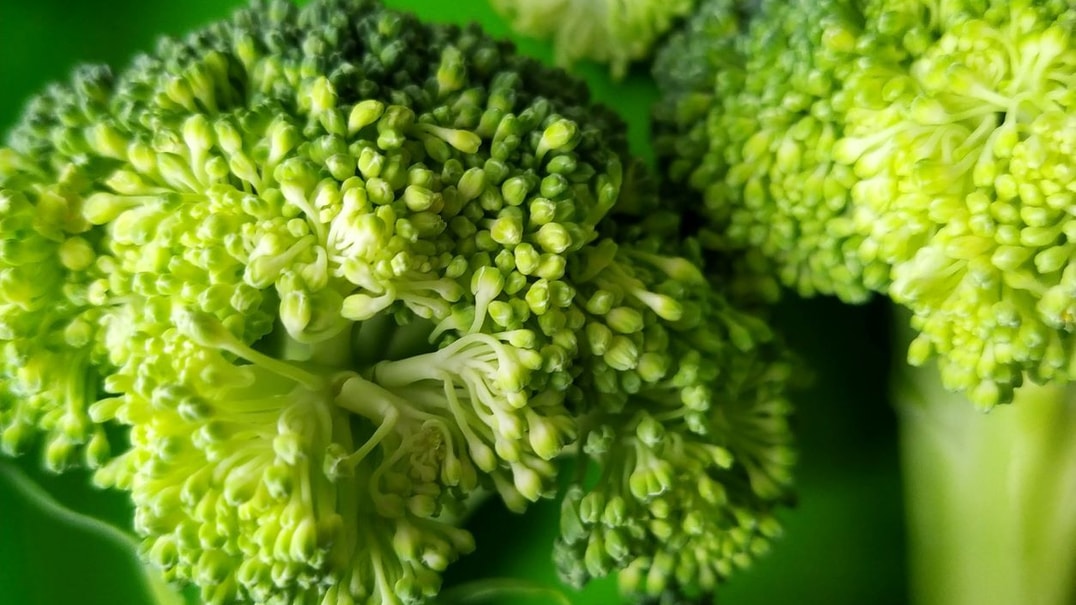Reduce, don’t restrict
A healthy, balanced diet doesn’t mean you have to cut out entire food groups or label foods as “good” or “bad.” Instead, focus on reducing your intake of less nutritious options. When people restrict themselves from certain foods and think, “I can’t have this,” they often end up thinking about those foods more. It’s better to minimise how often you eat these foods, rather than trying to completely avoiding them.
Foods high in salt, sugar, and saturated fats are best kept as occasional treats. Examples include cakes, lollies, pastries, biscuits, muesli bars, soft drinks, potato chips, cream, and butter. Look for healthier alternatives with whole, fresh ingredients to include in your diet.
The lowdown on soy
Soy is part of the legume family and is found in a variety of foods, from edamame snacks and whole soybeans to soy milk and fermented soy products. Soy contains phytoestrogens, compounds that are similar to the female hormone estrogen. Since oestrogen levels decrease during menopause, consuming foods rich in phytoestrogens might be beneficial.
Some evidence suggests that eating soy and soy-enriched foods could be linked to fewer and less intense hot flashes. While more research is needed, soy may help some women manage menopausal hot flashes, though the relief might be mild.
Additionally, soy offers other health benefits that can be important during perimenopause and menopause. For instance, soy consumption has been associated with lower total cholesterol and LDL (“bad”) cholesterol levels, which are known risk factors for heart disease.


